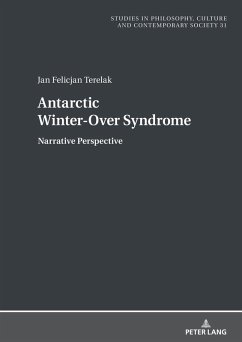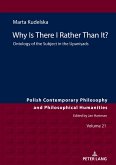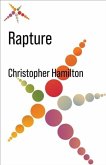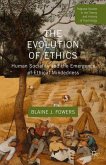The book is a journal that presents narrations and factual accounts of events covering 144 days the author spent during the Third Scientific Expedition of the Polish Academy of Sciences to the Arctowski Station on King George Island (South Shetland Islands). The observations comprise events and behaviors in daily life situations of a team of Polish polar explorers. A valuable source of knowledge for empirical psychology on the behavior of people in extreme conditions, the book describes symptoms that form the winter-over syndrome. The "winter-over syndrome" may be predicted by analogous effects of space isolation, especially in long-term space missions, like an expedition to Mars. Hence, this book is an important scientific and civilizational event in the era of space exploration.
Bitte wählen Sie Ihr Anliegen aus.
Rechnungen
Retourenschein anfordern
Bestellstatus
Storno








